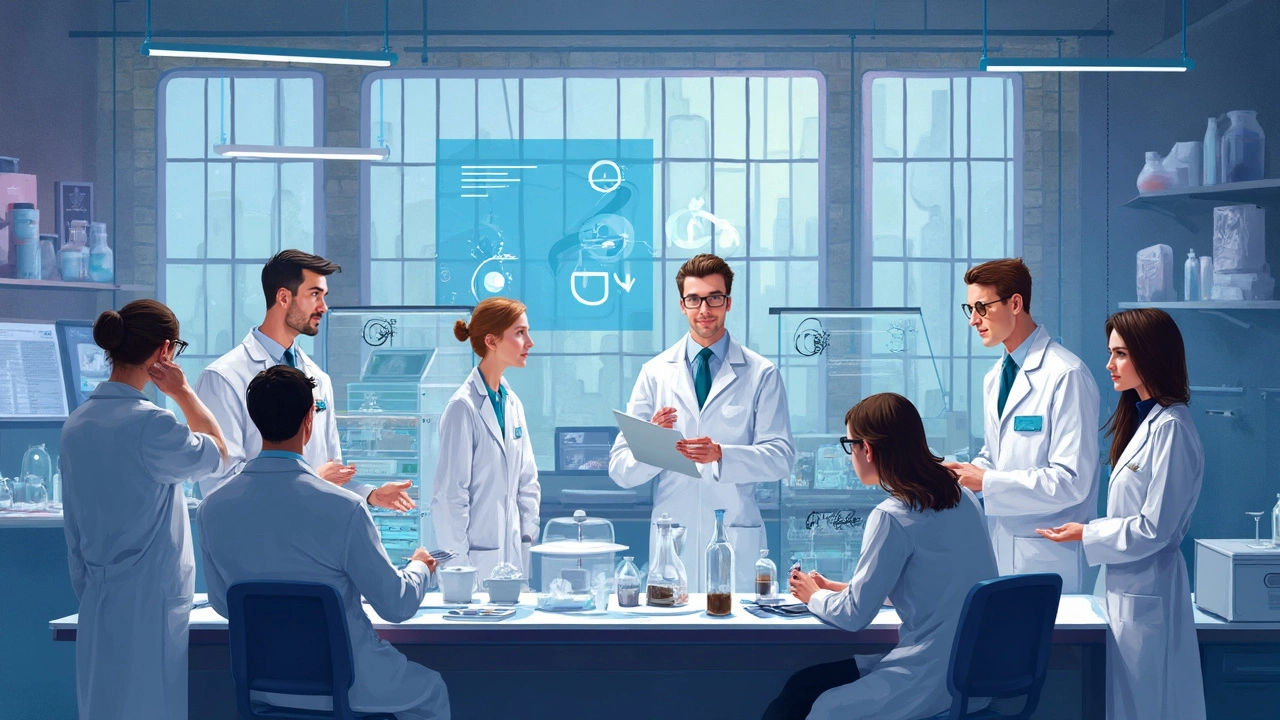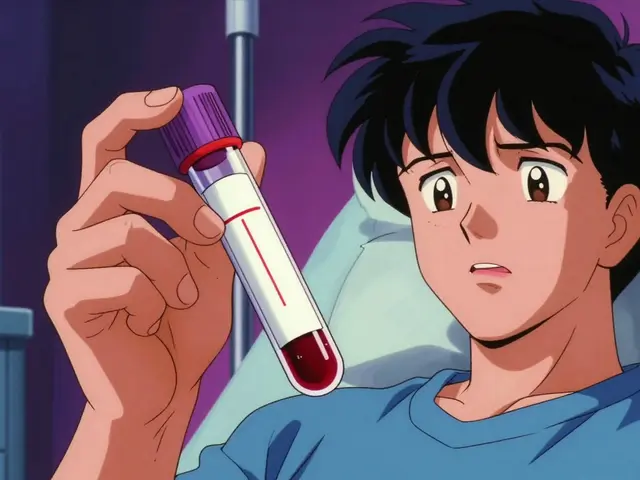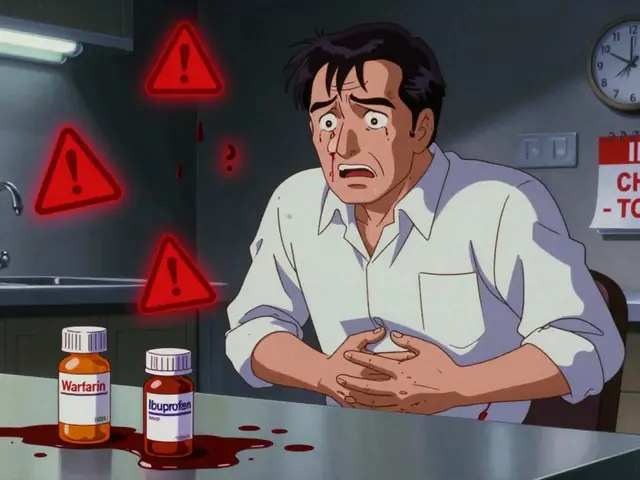ADHD medication: what to expect and how to stay safe
Struggling with focus, restlessness, or impulsivity? ADHD medications can help a lot, but they work differently for everyone. Below I’ll walk you through the common types, what side effects to watch for, and how to find a safe, legal way to get treatment — including tips if you consider online options.
How ADHD meds differ
There are two big classes: stimulants and non-stimulants. Stimulants are the most commonly prescribed. They include methylphenidate (Ritalin, Concerta) and amphetamine salts (Adderall, Vyvanse). These usually act fast and improve attention and impulse control for many people.
Non-stimulants include atomoxetine (Strattera), guanfacine (Intuniv), and clonidine. They may take longer to work but can be useful if stimulants cause bad side effects or aren’t a good fit. Some people combine medications with behavioral therapy for the best results.
Common side effects and practical tips
Side effects vary by drug and dose. With stimulants you might notice decreased appetite, trouble sleeping, jitteriness, or small increases in heart rate and blood pressure. Non-stimulants can cause tiredness, dry mouth, or stomach upset. If side effects are severe or sudden (chest pain, fainting, severe mood changes), get medical help right away.
Simple strategies that help: start at a low dose, keep a short diary of symptoms and side effects, and schedule follow-ups with your prescriber during the first weeks. Try consistent sleep, small frequent meals if appetite drops, and time doses to avoid insomnia (often before midday).
Medication interacts with other drugs — some antidepressants, blood pressure medicines, and certain supplements can change how ADHD meds work. Always tell the clinician about any medicines or herbal supplements you use.
Thinking about alternatives? Behavioral therapy, coaching, structured routines, and environmental changes often add meaningful benefit. For kids, school plans (IEP/504) can make a big difference alongside medication.
Want to get medication safely online? Use these rules: always work with a licensed clinician who evaluates you, never buy prescription meds from sites that skip prescriptions, and choose pharmacies that show clear contact info and verification. Look for pharmacy accreditation or local licensing info, check reviews, and compare prices with known discount programs if cost is a concern.
Finally, keep records. Save prescription details, note refill dates, and keep regular check-ins with your prescriber. Medication helps most when it’s closely monitored and paired with practical habits. If something feels off, speak up — changing dose or switching meds can make a big difference.





